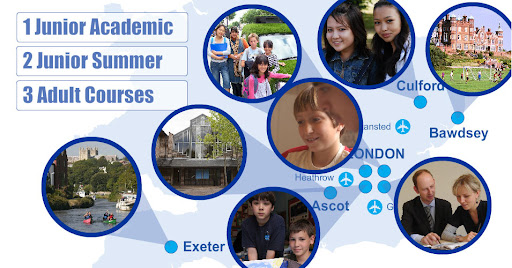Reading is a great way to learn a new vocabulary. Try to read short stories rather than long novels. These are often broken into short chapters that can be read and analyzed for language. Do not think you have to understand every word. Try to get the general sense. Underline unfamiliar words and try to guess their meaning from context. You can use your dictionary to check later and see if you were right. Use ranked players. These issues tend to be designed to test understanding of what you just read.
Use the Internet
The Internet is a fantastic invention that changed the way we live our lives. While it is fantastic to be able to read the People's Daily or chat with friends online, it's a waste if we do not use the environment to learn English. Many English schools offer a full range of mixing applications online training - but, besides that, there is much you can do yourself.
Go to English Corners
Public places such as libraries often tend to have free English corners. Do not be shy. Go beside and take part. Ask questions. Communicate with people like you who are interested in learning English.
There are many newspapers that provide a rich source of reading material interesting and varied. It is a great way to improve your reading.
Chat
You can use Yahoo, MSN, Skype and other chatting Applications to chat in English. Try to find some of your English-speaking friends. If you have Skype, encourage your friends to it too and call them for free use of your computer.
Listen to Radio
Practically all radio station in the world is at stake with the Internet. Do not just settle for the VOA or BBC World Service. There are many other interesting alternatives. Try to listen to radio from around the English speaking world.
You have read this article Proven English Learning Tips
with the title December 2010. You can bookmark this page URL http://apostolosmakrides.blogspot.com/2010/12/proven-english-learning-tips-part-2.html. Thanks!






















